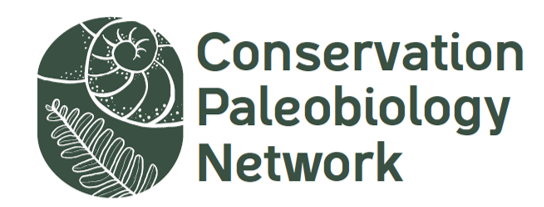Name: Hannah Kempf
Title: paleobiologist
Correct pronouns*: she/her
What is your favorite part about being a scientist and how did you get interested in science in general?
I’ve been geek-ing out on rocks and animals for as long as I can remember. My family went camping a lot, and I was fortunate to be exposed to the outdoors often. When I started undergrad, I was almost immediately drawn to the Geology Department, and chose it as my major. As a graduate student, I really enjoy reading papers, writing, and running experiments in the lab. But honestly, my favorite part of “doing science” is talking to people about my work, particularly folks that don’t label themselves as scientists. I get to do this a lot as a Teaching Assistant for our program’s intro paleobiology lab. It’s fun to try and relate what I do to other peoples’ lives, be challenged, and get other people interested in conservation

In laymen’s terms, what do you do?
I study how clams respond to climate change genetically and at the level of shell growth. To do so I run experiments on living clams at the Bodega Marine Lab, and I’ll use museum specimens from the Holocene.
How does your research/goals/outreach contribute to the understanding of climate change, evolution, paleontology, or to the betterment of society in general? I’m interested in methods for buffering culturally and economically important shellfish against the negative effects of ocean acidification. My research implements Traditional Ecological Knowledge, genomics, and morphometric tools to study this problem, and will hopefully contribute to the sustainable management of coastal resources. I’m also interested in using museum specimens to document clams’ shell structure and mineralogy through the Holocene, and investigate how shell growth has changed with the climate and different management practices.
What advice do you have for aspiring scientists?
My advisers have made it abundantly clear that I should pursue a project that really interests me. I think that’s very sound advice, particularly if you’re pursuing a doctorate (5-7 years of your life is significant). Graduate school is difficult on so many levels, so for me it has been critical that I develop a project that feels meaningful. If you choose to pursue graduate school, be thoughtful about who you work with (both in terms of research and personalities), and what types of questions excite you.

